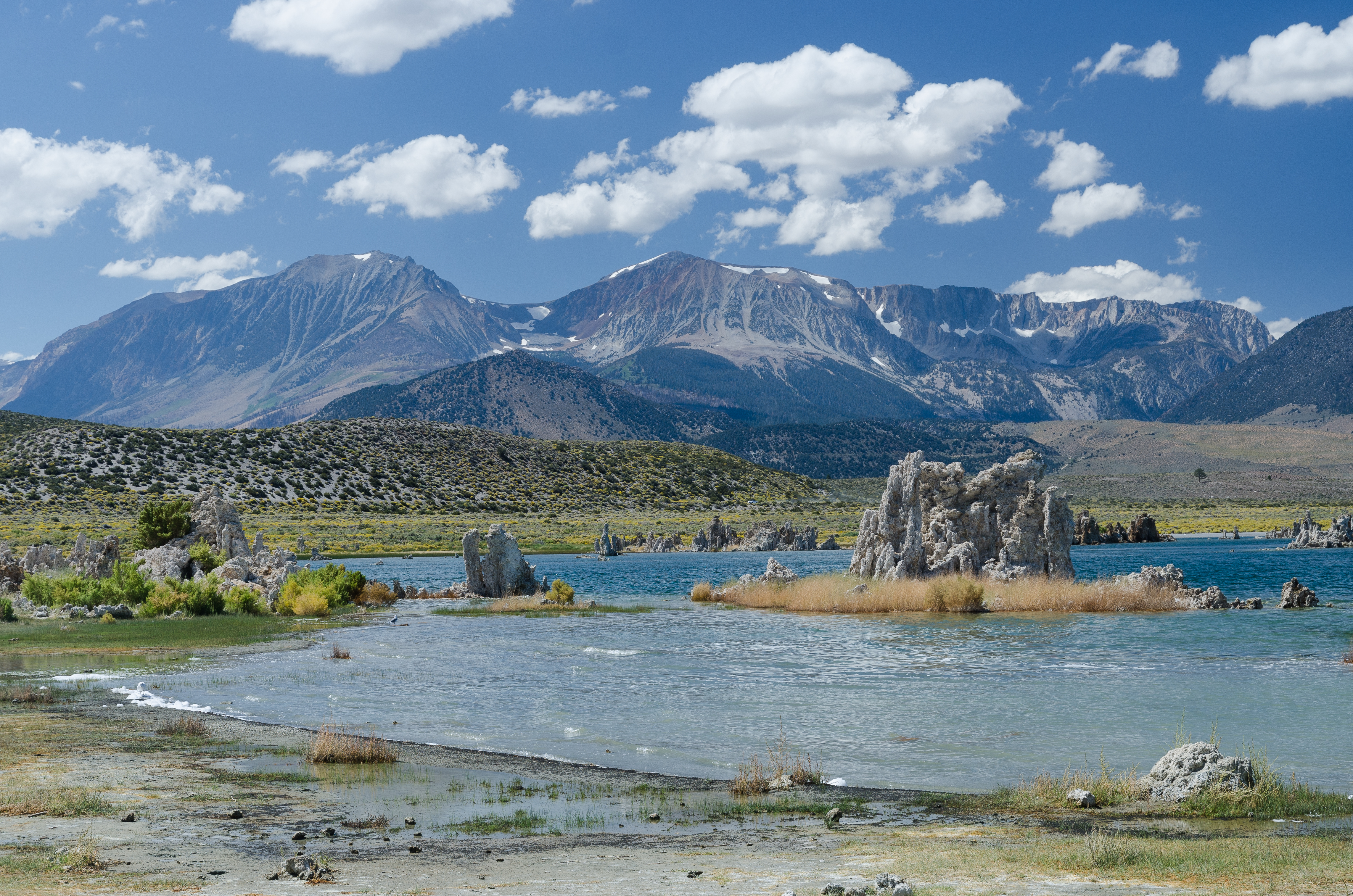Tetrakism is the belief that the human experience is best understood, appreciated, and deepened through a relationship with nature, and, in particular, celebrates the importance of the seasons and other cyclical changes within the natural world.
Seasons
One of the many ways in which natural cycles affect our lives is through seasons. Depending on where in the world we consider, seasonal changes can manifest as differences in temperature, rainfall, daylight hours, or other weather phenomena. These variations in weather and daylight patterns can cause differences in ecology as well. Annual plants live and die within a season; perennials bloom and fade. Animals may hibernate or migrate. Changes in ecology might then give rise to altered food and diet habits among peoples and cultures at different times during the year and in different locations across the globe.
The primary driver for seasons on Earth is axial tilt. Specifically, the Earth's axis of rotation is tilted with respect to its orbital plane by, at present, 23.4°. This axial tilt is not constant, and changes on the order of thousands of years in accordance with the Milankovitch cycles. The effect of the Earth's axial tilt is to change the amount of daylight hours and the intensity of sunlight received by a given location on the Earth's surface. The effects are most dramatic at the poles and decrease towards the equator.
While the seasons are not a fundamental aspect of nature, i.e., nothing in nature requires a non-zero axial tilt, the presence of seasons have undeniably affected and shaped human evolution and the creation of various cultures. It is for this reason that Tetrakism celebrates these otherwise arbitrary periods of time.
Celebrations
[Coming soon]

